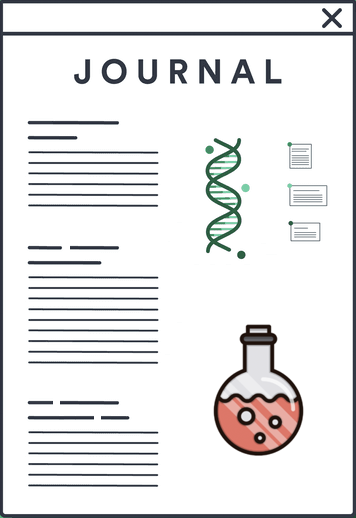
A study designed to investigate the ability of individuals to differentiate between AI-generated and authentic food images, as well as the impact of disclosing this information on the consumer perception of the appeal of these images is reported. Two online experiments were conducted with real and AI-generated food images stretching across the unprocessed, processed, and ultra-processed food continuum. Study 1 was designed to assess the accuracy with which people could identify AI-generated food images while Study 2 explored how the disclosure of an image’s origin influenced the appeal of the depicted food. The participants in Study 1 found it very easy to recognize the AI-generated images, particularly in the case of ultra-processed foods. Notably, without disclosure, the AI-generated images were often preferred. At the same time, however, disclosing that a food image was genuine significantly boosted its appeal, whereas the revelation that it had been generated by AI mitigated this effect. These insights help to understand consumer psychology in the rapidly-evolving digital food marketing landscape, highlighting the nuanced effects of technological advancements in AI image-generation on human perception.